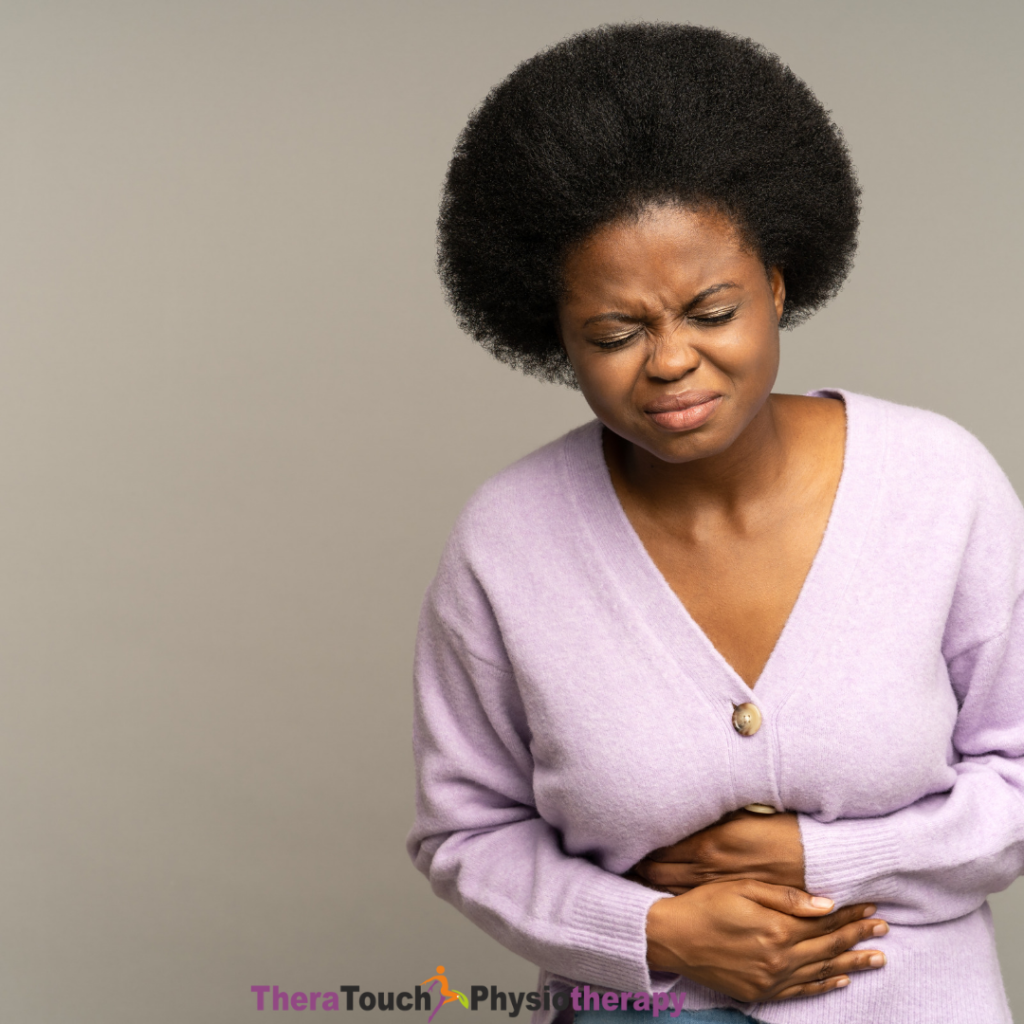Menopause and Perimenopause
Menopause is a transformative phase in a woman’s life, marked by significant hormonal changes that affect various aspects of her well-being. Beyond the well-known symptoms like hot flashes and mood swings, menopause and its precursor, perimenopause, can also have a profound impact on pelvic floor health. We are shedding light on the intricate relationship between decreasing hormones and pelvic floor muscles during this crucial life transition.
The Hormonal Surge
Menopause and perimenopause are characterized by a decline in estrogen and progesterone levels. These hormones, essential for maintaining tissue health, are particularly crucial for the well-being of the pelvic floor muscles. As the body adjusts to this hormonal shift, women may experience a spectrum of symptoms, from the well-known to the less-discussed. Understanding the subtleties of how these changes affect the pelvic floor is paramount for women’s holistic health.
Pelvic Floor Muscle Dynamics
The pelvic floor muscles are a complex network responsible for supporting pelvic organs, maintaining continence, and ensuring spinal stability. The decline in estrogen levels during menopause can initiate several changes in these muscles:
1. Muscle Atrophy: Estrogen plays a vital role in muscle maintenance and repair. With its reduction, pelvic floor muscles may undergo atrophy, resulting in weakness and decreased tone.
2. Connective Tissue Alterations: Estrogen also influences the elasticity and flexibility of the connective tissues supporting pelvic organs. A decrease in estrogen can lead to diminished tissue resilience.
3. Vaginal Dryness and Pelvic Floor Impact: Reduced estrogen levels often cause vaginal dryness, affecting the pelvic floor’s flexibility and responsiveness. This can contribute to discomfort and impact sexual function.
Managing Pelvic Floor Health during Menopause
1. Pelvic Floor Physiotherapy: Incorporating specific pelvic floor exercises into your routine can help strengthen and Pelvic floor physiotherapy plays a crucial role in managing the impact of menopause on pelvic floor health. Our dedicated physiotherapists offer specialized care that addresses the unique needs of women undergoing this transition:
- Targeted Pelvic Floor Exercises
- Pelvic floor physiotherapists design personalized exercise programs to strengthen and tone pelvic floor muscles, addressing issues like muscle atrophy and weakness.
- Manual Therapy: Hands-on techniques can be employed to address muscle tightness, improve flexibility, and promote blood circulation in the pelvic region.
- Education and Lifestyle Guidance: Pelvic floor physiotherapists provide valuable education on maintaining pelvic floor health, including proper posture, body mechanics, and lifestyle adjustments.
- Biofeedback and Electrical Stimulation: Advanced techniques such as biofeedback and electrical stimulation may be utilized to enhance muscle control and coordination.
2. Hormone Replacement Therapy (HRT): Consult with your healthcare provider to explore the potential benefits of hormone replacement therapy. HRT can alleviate menopausal symptoms and positively impact pelvic floor health.
3. Nutrition and Hydration: A balanced diet rich in nutrients and adequate hydration are crucial for overall muscle health, including the pelvic floor. Proper hydration supports tissue elasticity, while a well-rounded diet provides essential nutrients for muscle function.
4. Seeking Professional Guidance: Our dedicated physiotherapists specialize in pelvic health and offer personalized assessments and treatment plans. Professional guidance can address specific concerns related to menopause and pelvic floor health.
For menopause and perimenopause, understanding the nuanced relationship between decreasing hormones and pelvic floor health is essential for women navigating the menopausal journey. By incorporating targeted exercises, making lifestyle adjustments, and seeking professional guidance, women can actively promote pelvic health during this transformative phase. At our physiotherapy clinic, we stand committed to supporting women through expert care, empowering them to embrace menopause with strength and resilience, ensuring a smooth transition to the next chapter of their lives.


